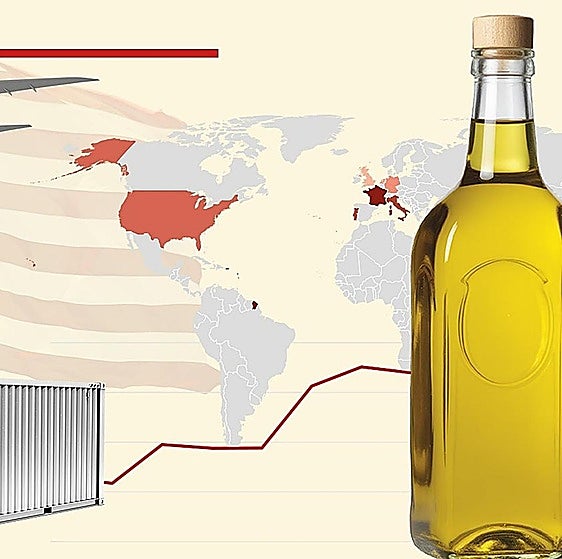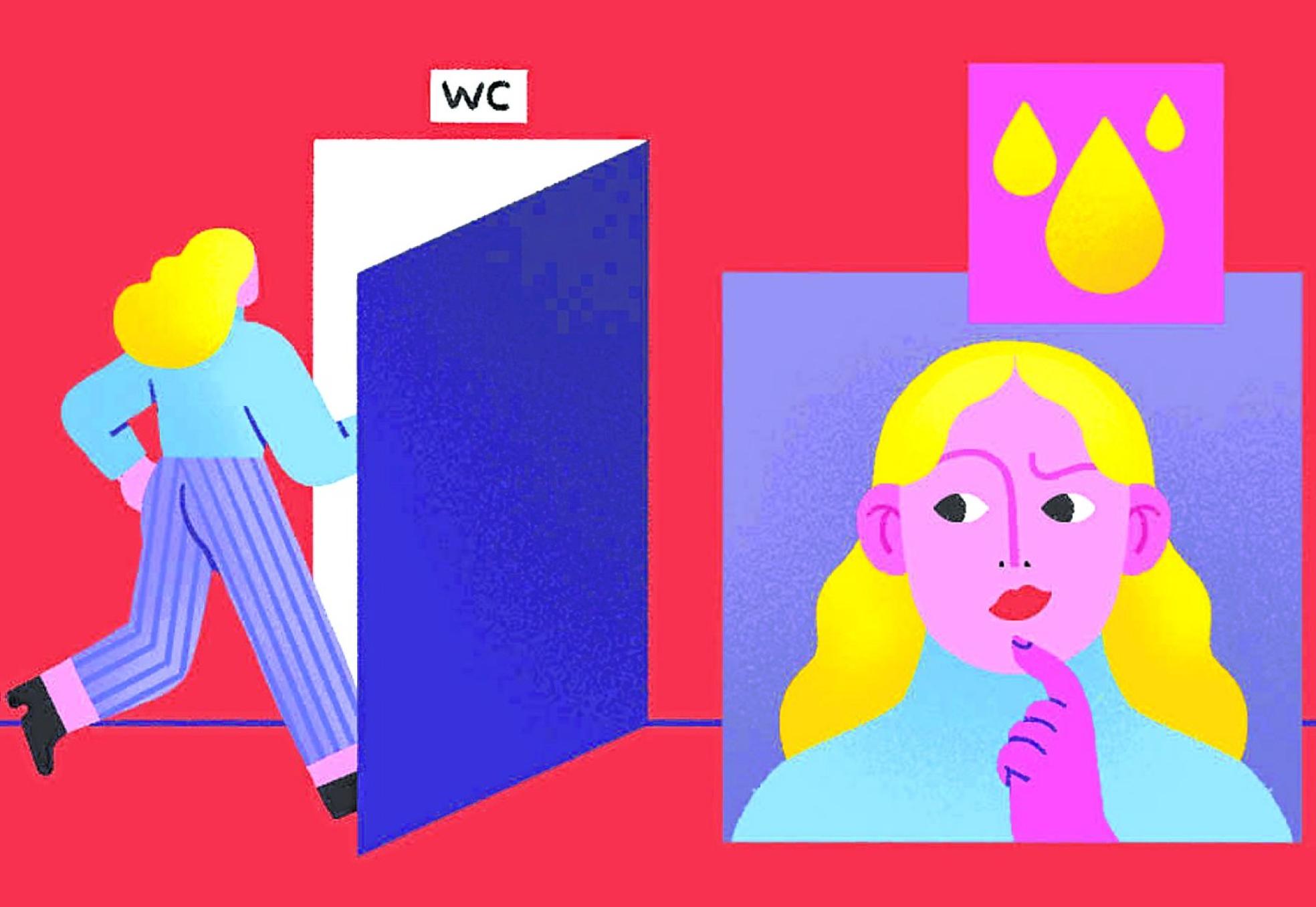Is it normal to pee 10 times a day? Yes, if you're healthy and you drink a lot of fluids
Voluntary. ·
The urge to to go to the bathroom is sent by the brain and we shouldn't put it off if we need to goYOLANDA VEIGA
Friday, 2 December 2022, 11:51
Doctor, I don't know what's wrong with me. I urinate ten or 12 times a day. Is that normal?"
If you drink a lot of water, yes, it is. "If you drink two litres of water a day and lose around half a litre through perspiration and respiration, there is still a litre and a half to get rid of. Bearing in mind that the bladder has a capacity of between 200 and 250 millilitres, it wouldn't be unusual to urinate between five and seven times a day. And if you drink twice as much you will wee twice as much, it's that simple," says Borja Quiroga, a specialist at the Princesa university hospital in Madrid and the secretary of the Spanish Nephrology Society.
He clarifies two things: it is not unusual to urinate often if you have drunk enough liquid to justify it, nor to urinate several times in succession, as long as a lot of water has been consumed.
"What isn't normal is when you finish but still have the feeling that you want to do more, or when it is hard to start urinating or if the urine is the colour of Coca-Cola, there is blood in it or it is frothy like beer. That indicates that the kidneys are letting things escape when they shouldn't," he explains.
"Purifying the body"
To understand why we urinate, you have to know how the kidneys work. "Every five minutes all the blood from the heart passes through this organ and it knows which substances it needs to eliminate: potassium, urea, sodium...these waste substances which are diluted in the water we ingest become urine, so that is why kidneys are described as purifying the body," says Dr Quiroga. The urine is more concentrated and darker in the morning because we normally drink less during the night and therefore the substances are diluted in less liquid. "The kidneys also activate the vitamin D after it passes through the liver, control mineralisation (calcium, phosphorous etc) and regulate anaemia by synthesising epo, a hormone that orders the stem cells of bone marrow to produce more red blood cells," Dr Quiroga esplains. He says the kidneys are essential organs, but people can live with just one without it making any difference.
Subtract sweat and what you exhale when breathing
To make it easy to understand: the liquid we drink is expelled from the body as urine, but not all of it. "We also lose liquid through perspiration. If is 20C, and even without demanding physical exercise, we might lose half a litre in the form of perspiration, but in summer it would be more than one litre," Borja Quiroga explains, and he insists there is no scientific evidence to indicate how much urination is normal, no matter how often we read about a litre and a half a day.
"Thirst is what tells us how much to drink. There are no limits, but we can't get by on one glass a day nor can we drink 20 litres. Between one and three or four litres is normal in healthy people, although those who have dialysis or heart disease, for example, drink less," he says.
"The urge to urinate is a voluntary act, which is why we do it when we are somewhere with a toilet and not in the street. It is the brain that gives the order and, although the bladder can increase its capacity, it isn't good to put off urination. You should go to the bathroom whenever you feel the need," says this specialist.
Nor does that mean you should go when the bladder contains exactly 200 millilitres. It can hold a lot more, because it has an enormous capacity to distend. "We have seen patients with as much as three litres, and that is very painful," he says. Cases such as those can occur in men with a very large prostate which can obstruct the flow of urine. They only expel a very small stream and are left with the urge to do more.
Urinary infections
It is normal to expel 150 to 200 millilitres with each urination, which is why you may go to the bathroom frequently if you drink a lot of liquid. "What isn't within the bounds of normality is going more times than correspond with the amount we have drunk. For example if there is a urinary infection someone will feel the need to go more often because the urinary tract is irritated, there may be itching or stinging and the patient may have a high temperature," Dr Quiroga explains. "In that case, they should consult their GP".
The trick of turning the tap on
Turning a tap on to stimulate urination works so well that they do it in hospitals to help patients to go after anaesthesia. "There is a pyschological aspect to it, which is why it works" says specialist Borja Quiroga.
Another expert, psychologist Dafne Fernández, agrees that this is an important factor, and it explains why we feel the need to go to the bathroom as soon as we sit in the cinema, or through a long meeting, etc. "That has to be analysed from the psychological perspective of attention, which awakens information nodes in our mind," she says. And she gives an example: "There is a meditation based on observing your body and noticing itches which occur but you can't scratch them. What happens? You immediately notice more and more itches. What is happening here is that with a stimulus that was practically imperceptible (the itching), paying attention to it makes it more relevant. A similar thing happens with the urge to urinate. In these cases, distraction techniques can be useful and so can meditation, to learn to focus our attention on what we do want instead of what circumstances are facing us with," she says.



